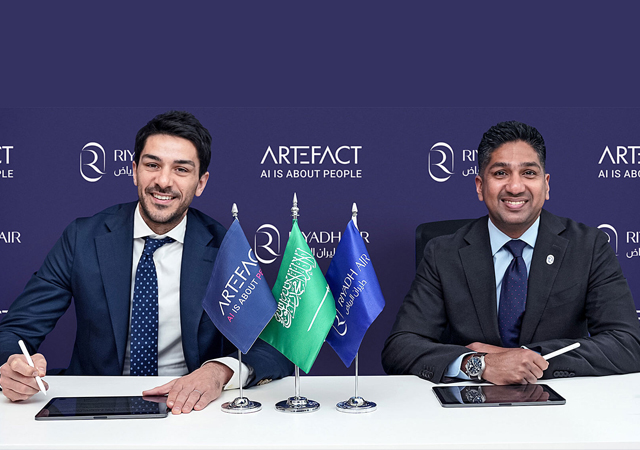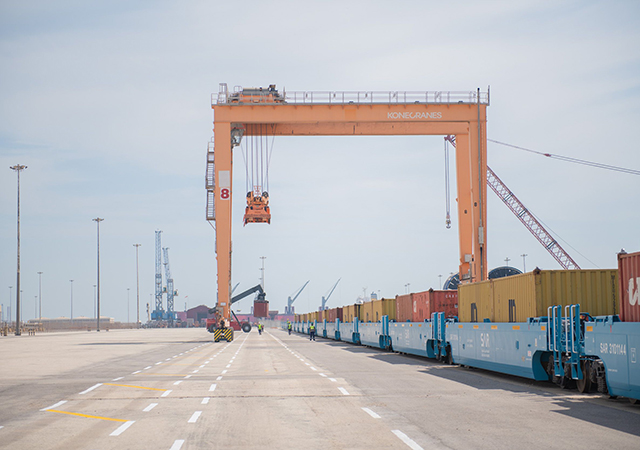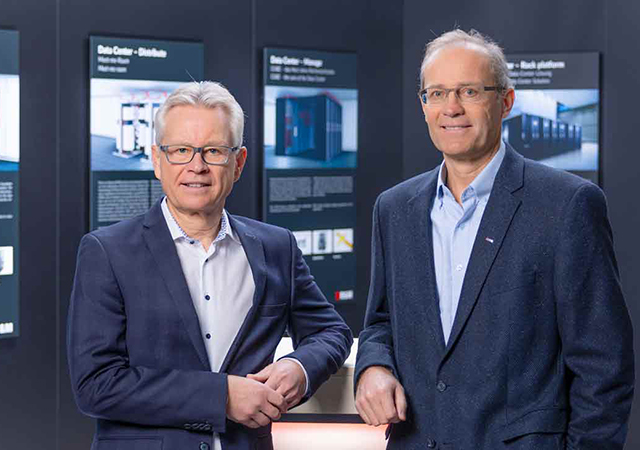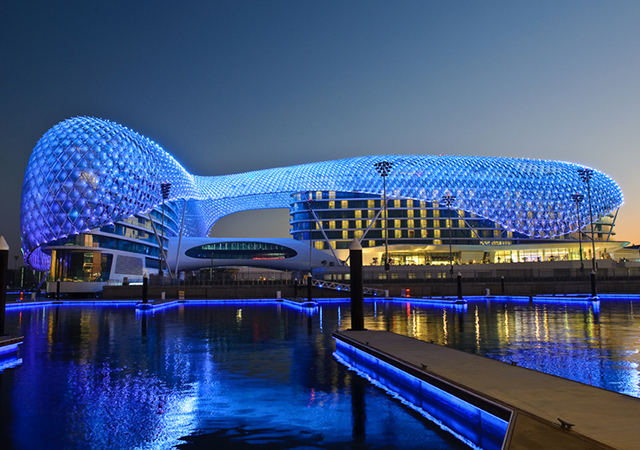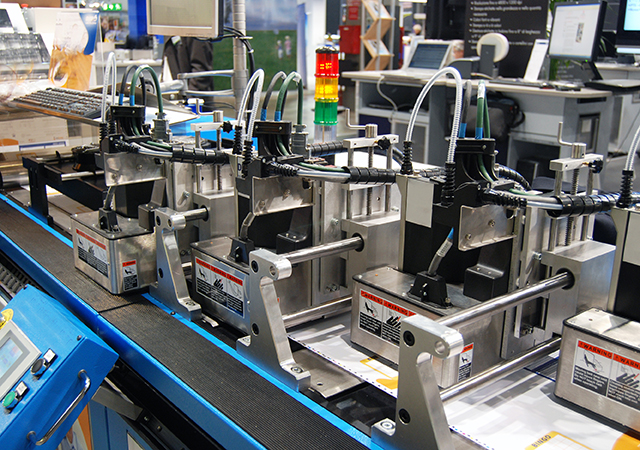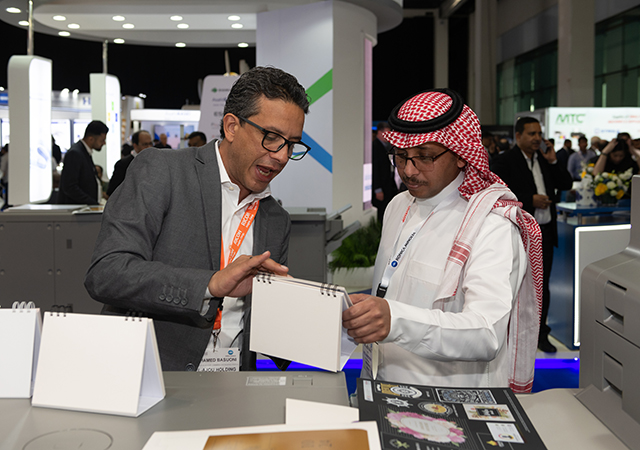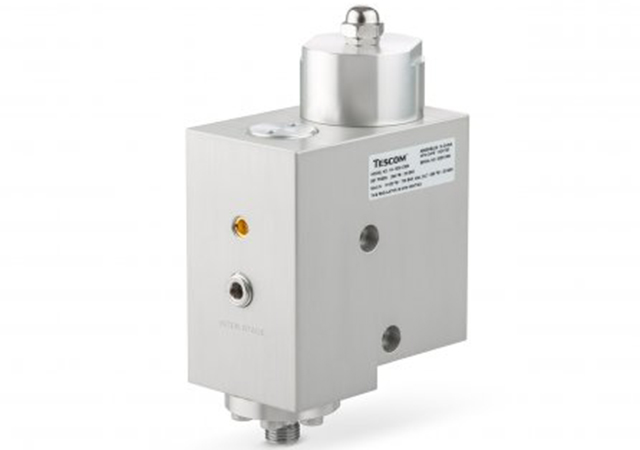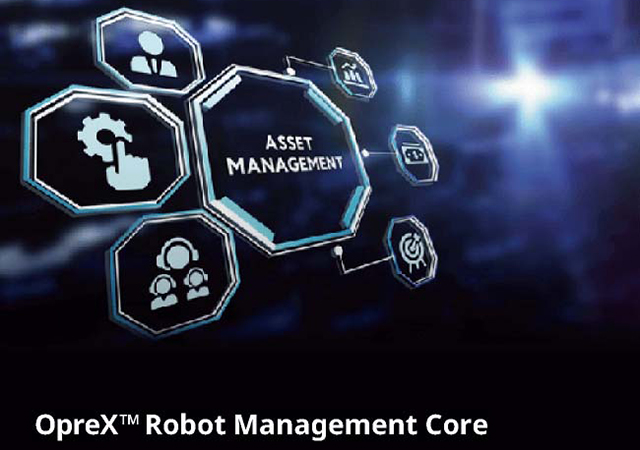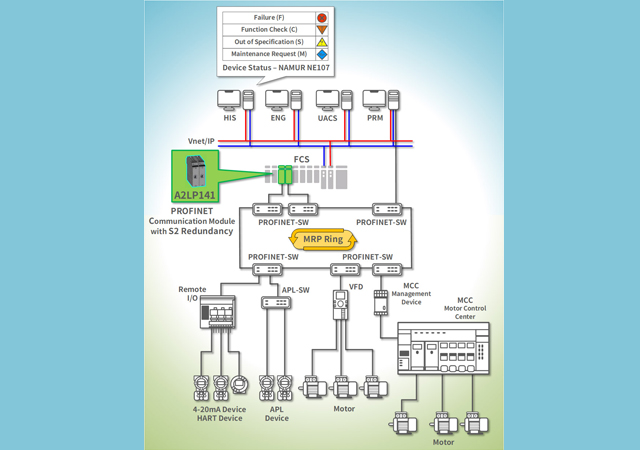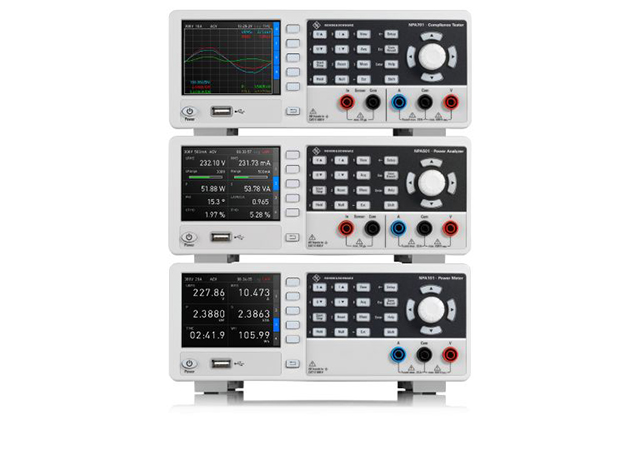
 The Business Park, one of the magnets of the hub
The Business Park, one of the magnets of the hub
Ras Al Khaimah Free Trade Zone (RAK FTZ) is the investment destination of choice for more than 7,500 companies from over 100 countries, representing more than 50 industry sectors.
It provides the same free zone benefits – including 100 per cent foreign ownership and world-class, ready-made facilities – that are available elsewhere in the UAE, but for substantially lower costs, allowing clients to achieve the maximum return on investment.
RAK FTZ makes it as easy as possible to establish a business in the UAE, with fast-track licensing and registration, investor and worker visa issuance, freedom to source labour and materials globally, and business support services such as advertising, procurement, event management, recruitment and training assistance.
Located less than an hour’s drive from Dubai, RAK FTZ offers substantial geographical and logistical advantages to access a wide variety of fast-growing global markets.
The free trade zone has traditionally focused on investors from the Middle East, Europe and South Asia. This is reflected in the international promotion offices it has established in India, Turkey and Germany.
 |
|
|
“That worked very well and continues to work very well,” Peter Fort, CEO of RAK FTZ, told Gulf Industry. “But when I came in last year, I made a shift in strategy. I said that we were actually ignoring a huge potential market, which is East Asia. So, in a very focused and systematic manner, we have started increasing our marketing activities in East Asia.”
The free zone has been organising seminars and making presentations to potential investors in South Korea, China and Southeast Asia, among other countries.
“We are also hosting delegations of investors from those countries to see what RAK FTZ has to offer. A recent delegation from South Korea, for example, was impressed by the free zone’s flexi facilities as incubators for start-up businesses, as well as our warehouses and land for development. This outreach to East and Southeast Asia has really started to pay dividends. We have seen many more clients who are interested in setting up here from those regions,” said Fort.
“The next step will be to set up in the Americas, where I think there are definitely dynamics in place that support increased interest by companies to come and invest in the Middle East.”
The rising interest from companies that want to set up in RAK FTZ is clearly seen in the fact that its new client registrations increased in 2013 by nearly 30 per cent over the previous year. With the increased number of clientele comes the need for expansion, and the free zone is responding to this need.
AMBITIOUS PLANS
“To accommodate the rising demand for our award-winning services and world-class facilities, we plan to build a new office tower in the Business Park that will accommodate more than 700 new clients. We are constructing 100 new warehouses in our Technology Park for clients doing business in trading and light manufacturing. As we continue to grow rapidly, attracting top companies from emerging and developed markets around the world, the additional world-class offices and quality warehouses are needed to accommodate them,” said Fort.
 |
|
The free zone’s Industrial Park |
“Additionally, to help find the right fit for every client, we have developed four specialised free zone parks, tailored to meet the specific needs of entrepreneurs.”
The Business Park is for office clients, the Technology Park is for trading and light manufacturing, the Industrial Park is for heavy manufacturing and the Academic Zone is for educational institutions, all catering to the unique requirements of small, medium and large businesses across a multitude of business sectors.
“We have been recognised by our clients and third parties such as Financial Times’ fDi Intelligence as one of the fastest, most effective and hassle-free free zones in the UAE. We welcome virtually all business activities, including light industrial, heavy industrial, value-added distribution and trading, logistics, services and educational institutions,” Fort said.
Some of the specific business clusters at RAK FTZ include vehicle assembly and customisation, food and beverage processing, oil and gas equipment manufacturing, electronics and industrial products assembly, marketing and management consulting, universities and branch campuses, and more.
In order to fulfil the vision of His Highness Sheikh Saud Bin Saqr Al Qasimi, the Ruler of Ras Al Khaimah, to diversify the emirate’s economy, the free zone has plans to expand its focus on investors to include sectors beyond its historical core strength in manufacturing. These include education and back-office services such as IT, HR, accounting, document processing, order fulfilment and call centre support, according to Fort.
WHY RAK?
Commenting on the free zone’s strategy for future growth, he said: “If you look at any major city in the US or Europe, there is usually a very clear delineation between the central business district, which is characterised by high rents and therefore has the front-office component of any business, and the suburbs, where there is the back-office component of any business. In the front, you have the bankers, sales people, and the client relations people.
 |
|
A congenial atmosphere for business |
“However, the accounting office, the call centre, and order fulfilment services are in the suburbs because it saves the company a lot of money to lease less expensive real estate to provide these services. This front-office/back-office separation happened decades ago in other places, but because the UAE developed so quickly, it has not really happened here.
“Most companies have their entire operations concentrated in Dubai. However, many of them are starting to question that, asking themselves why they are paying such massive rents, plus all the cost of living, for someone who is a junior accounting clerk. What we are seeing now are companies looking for a place that is close by and at a much lower cost, and that place is overwhelmingly Ras Al Khaimah. This concept is going to be one of the keys to our strategy over the next three to five years.”
When asked if RAK FTZ has seen any positive spillover from the surge in the cost of doing business in Dubai, Fort said: “Clients are very price-sensitive, because every dollar they pay to the free zone is one dollar less in terms of profits. This has become an increasing focal point for us in the last 18 months because along with the rebounding economic activity, we have seen dramatic inflation across other emirates in just about everything. Setting up in Ras Al Khaimah, and setting up in the RAK Free Trade Zone, enables clients to take advantage of two things at the same time.
“Number one, there is the lower cost of living in Ras Al Khaimah. I think there are very few places in the world that are in such close proximity to the major city centres yet have rents that are half – or less – than rents in the major centre of town an hour away. That’s very unusual, and is a great opportunity for clients both in leasing and in buying property. Many businesses are getting priced out of the centres of the UAE.
“Secondly, as you know, the UAE is a bit different in that, unlike other places around the world where the cost of living indirectly impacts the costs of business, in the UAE the cost of living absolutely straight on directly impacts the cost of business. Why? Because businesses here have to pay for employees’ housing, whether they are managers or labourers, as well as other high expenses such as education. All of these costs are much lower in RAK, across the board. It’s not just housing and education, it’s everything. Everything is just much more cost-effective here. And, importantly from a business perspective, the business costs are lower, including costs of construction and labour. This is a huge benefit that allows companies to maximise their return on investment.”


